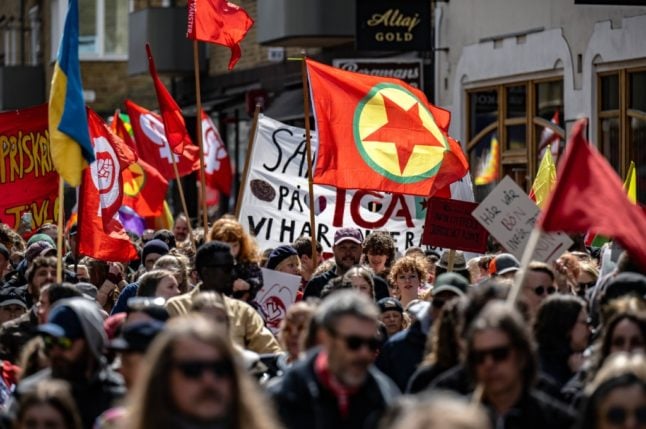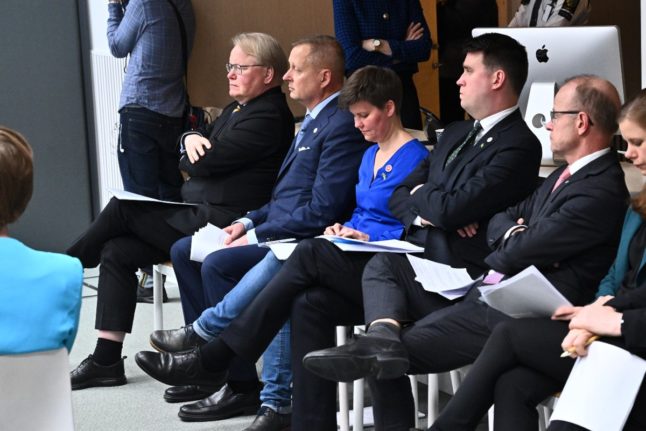Hans Ihrman, Deputy Chief Prosecutor for the Swedish Prosecution Agency’s National Security Unit, told The Local that the case marked the first time that anyone had been charged in Sweden for raising funds for the PKK.
He stressed, however, that it was “a coincidence” that he had made his charges at a time when the Swedish government is under pressure from Turkey to pursue people connected to the group.
“We are totally independent of the government in that way and there’s been no pressure at all,” he said. “It’s a coincidence that this investigation and prosecution has come when it did.”
He said that the main reason there had been so far been no prosecutions for PKK terror financing was the way the organisation operated.
“One obvious reason is that most terrorist organisations we know are very eager to market their activities, but the PKK has the opposite approach, and deniability is the key word here.”
“It’s more difficult to get a grip on how this organisation is acting and it’s more hidden in it’s activities, but if you look at investigations in Germany and France, there have been several investigations, prosecutions and convictions connected to the PKK.”
Ihrman said that the decision to prosecute now also had no connection to the terror participation law that came into force in Sweden on June 1st.
“This is only extortion and attempts for terrorist financing, so there’s no connect to any crime of participation, so this new law has no impact on this.”
The case has largely been built on investigations by the German Federal Police and the French security services, together with posts the suspect has made on social media, and messages found on his telephone.
The man had been in contact with another Turkish citizen who was jailed in Germany in 2016 for PKK membership. The man has also been charged for attempted extortion and aggravated gun crimes.
Sweden’s terror financing laws have so far only been used to charge members of Islamic terror groups such as IS.
The case will start on June 20th.
Turkey this week called on Sweden to take “concrete actions” in pursuing suspected PKK terrorists living in the country if it wants Turkish backing for its Nato membership.



 Please whitelist us to continue reading.
Please whitelist us to continue reading.
Member comments